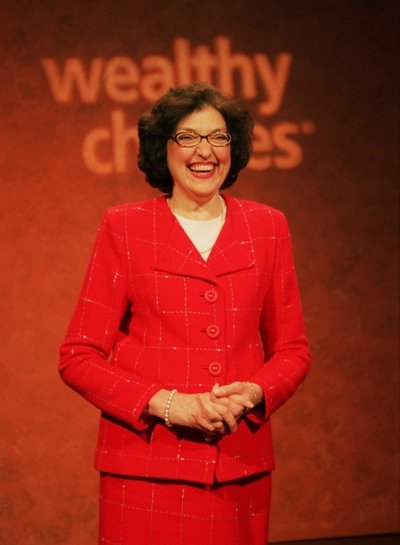
You own some things—bank accounts, cars, jewelry, computers, cameras, etc. What happens to the things and your financial assets when you die? This is a question you may not want to think about, but if you love your family and friends, you will probably prefer to leave a message not a mess.
The message is, “I loved you enough to put my financial affairs in order and to provide for you.” The mess is: You died. No one has a clue where the safety-deposit box key is; what the passwords are for your investment and bank accounts; to whom the rent or mortgage is paid; where the money will come from to pay for the funeral and open the grave.
In the June 2011 article we talked about the values you want to pass on; the inventory of assets; the legal documents, now we turn to the finances and emotions.
Who is dependent on you? Who will benefit financially? Are you using your money to control people? “If you displease me, I will cut you out of my will….” Etc. Sounds like any number of movies.
But money stirs up emotions. The bequests, what you gift to various beneficiaries, can be misunderstood and made into a measurement of love. Here’s a story with some details obscured to protect the identity of the family. The father died at 60. He left a wife and three college age children. Within a year, the mother fell sick and died. The small estate was divided among the three children. One of them received 34% and the other two 33%. The hostility about the extra 1% and the assertions—“Mother loved you best.” “You must have forced Mother to give you more!” On and on. The truth was some documents for financial assets require whole numbers. So the Mother could not write in 33 1/3 % each.
They dredged up their childhood hurts, and instead of mourning the loss of their mother, they were consumed with fighting the fights of the past.
How do you avoid this? By communicating what you are doing with your beneficiaries. They do not need to know the dollar amounts, but they do need to understand your game plan. If there is a child whose career will always keep him or her living in a very meager way, other beneficiaries need to understand that it may be your decision to give more to that person. Fair and unequal is okay. The assets are yours, but you are also wise enough to know the people in your family. If you want them to love each other and not resent each other after your passing, prepare them for your way of thinking. If they can not accept that, you may feel very sad that they have yet to learn some life lessons that you think they should have learned.
A very important part of estate planning is clear communication between you and your advisors (accountant, attorney, financial planner, et al.), and between you and beneficiaries.
Next is the dollars and cents. If you have dependents, you can do little about their sorrow at your passing other than hoping they can take comfort from the life lessons you taught them, but you can cushion their financial difficulties.
When you are paying everyday bills of $300, or $25, the idea of having $100,000 of life insurance may seem like a lot of money.
Consider this: $100,000– whether it comes from the death proceeds of a life insurance policy, or the assets in your IRA or retirement plan at work– if that money were conservatively invested, and if it could earn in some hypothetical investment 4% on average, it would pay out to the family about $ 739 a month for 15 years. Is that enough to pay the bills? Replace your income? Set aside money for child care, for college, for medical bills? So many people are underinsured.
What would you want your family to be able to afford now, and in the future, if you had died last month? Think about the function of the life insurance and the other assets that you will leave. Buy the appropriate amount of life insurance. Your plan of action will reflect your values, and your concern for leaving a message, not a mess. Estate planning does not need to be elaborate or costly but it should be thoughtful.
You have the courage to face these issues and to act on them. Once you do, have a party. Live well. That is the greatest legacy.
——————————
©Wealthy Choices ® LLC 2011
Penelope S. Tzougros, PhD, ChFC, CLU, is Registered in all fifty states and securities offered through LPL Financial, Member FINRA/SIPC.

 Philippe Matthews Show Guru Advice, Author Reviews, Tech Reviews, Entertainment News
Philippe Matthews Show Guru Advice, Author Reviews, Tech Reviews, Entertainment News







